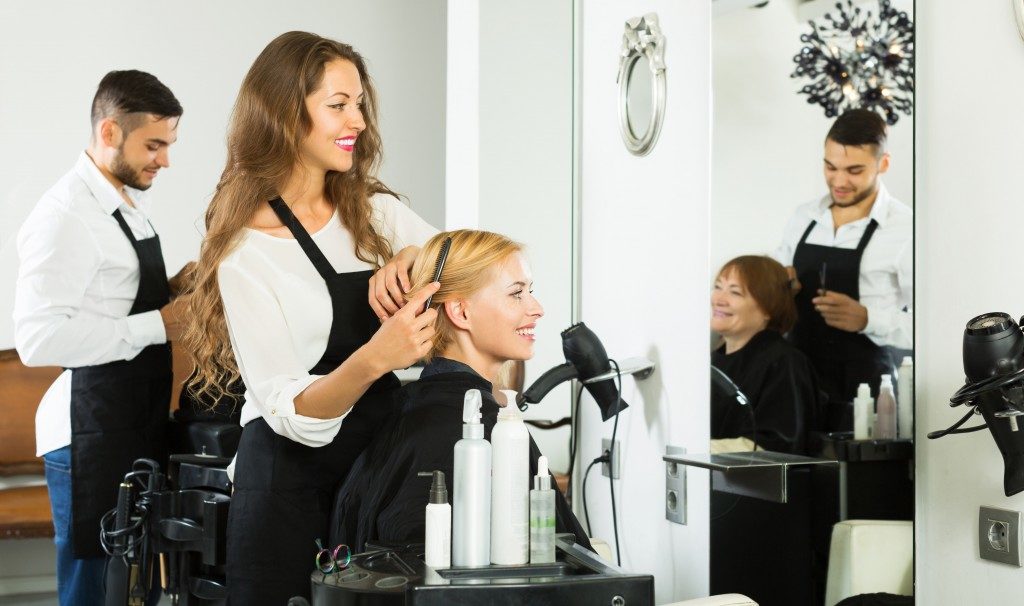Divulging your thoughts and feelings regarding certain matters in your life is known to help release tension and alleviate stress levels. Before, when people were asked who it is they consider as their most valued confidants, they are likely to give the names of friends, family members, and significant others.
In this highly modernized and digitized world, however, people have developed the tendency to shut others out, shying away from physical human interaction as they choose to spend hours and hours in front of their phone or computer screens.
This has affected the way people relate to each other, as they post about their lives for hundreds, if not thousands, of their online friends to see.
Turning to Strangers
The propensity to spill guts to practical strangers is born out of a basic human need to minimize tension and fear. While technological advancements have made it more blatant, this tendency has been around for the longest time.
In fact, those who choose to drink their problems away often impart to their bartenders every single worry they have in a drunken manner. This is why one of the commonly used media tropes is of bartenders being therapists to drunkards. But this does not end with bartenders.
Other service workers, notably hairdressers and stylists, who replace alcohol with their shears made for cutting hair, act as the daytime sober alternative for bartenders.

Less Judgment and Accountability
Perhaps one of the main reasons there is a high likelihood of customers confiding in their stylists has to do with the aforementioned need to minimize tension and fear. Stylists, who are near-strangers for most people, do not have the same capacity to judge compared to those whom they have close relationships with, or even their therapists.
Additionally, the positioning in the salon, with the stylist at the back of the seat the customer is occupying, can be perceived as harmless, especially since the only direct eye contact made is through the mirror. In comparison, the setting in a therapist’s office may be more nerve-wracking, as you will find yourself seated directly across their therapist.
Furthermore, while people are inclined to vent, they do not necessarily have the desire to delve deep into their problems. They want to talk only a little about their lives. At the salon, clients can share tawdry details without having to worry about their hairdresser holding them accountable for their behavior and urging them to rectify it.
This is opposed to a therapist who is pressured to remove any behavior perceived to be negative. In a conventional session, 45 minutes is often spent exploring the client’s motivations for behaving negatively, and both the client and therapist expend effort in increasing accountability and mapping out plans for change.
Lastly, many find their therapists intimidating, while associating their stylists to fun and casualness. That is why most salon owners focus on personality when hiring stylists. They believe those who are warm and friendly to the clients are more likely to be successful in the business, which seems to hold truth to it, as stylists who have open personalities tend to be more inviting compared to the traditional therapists.

